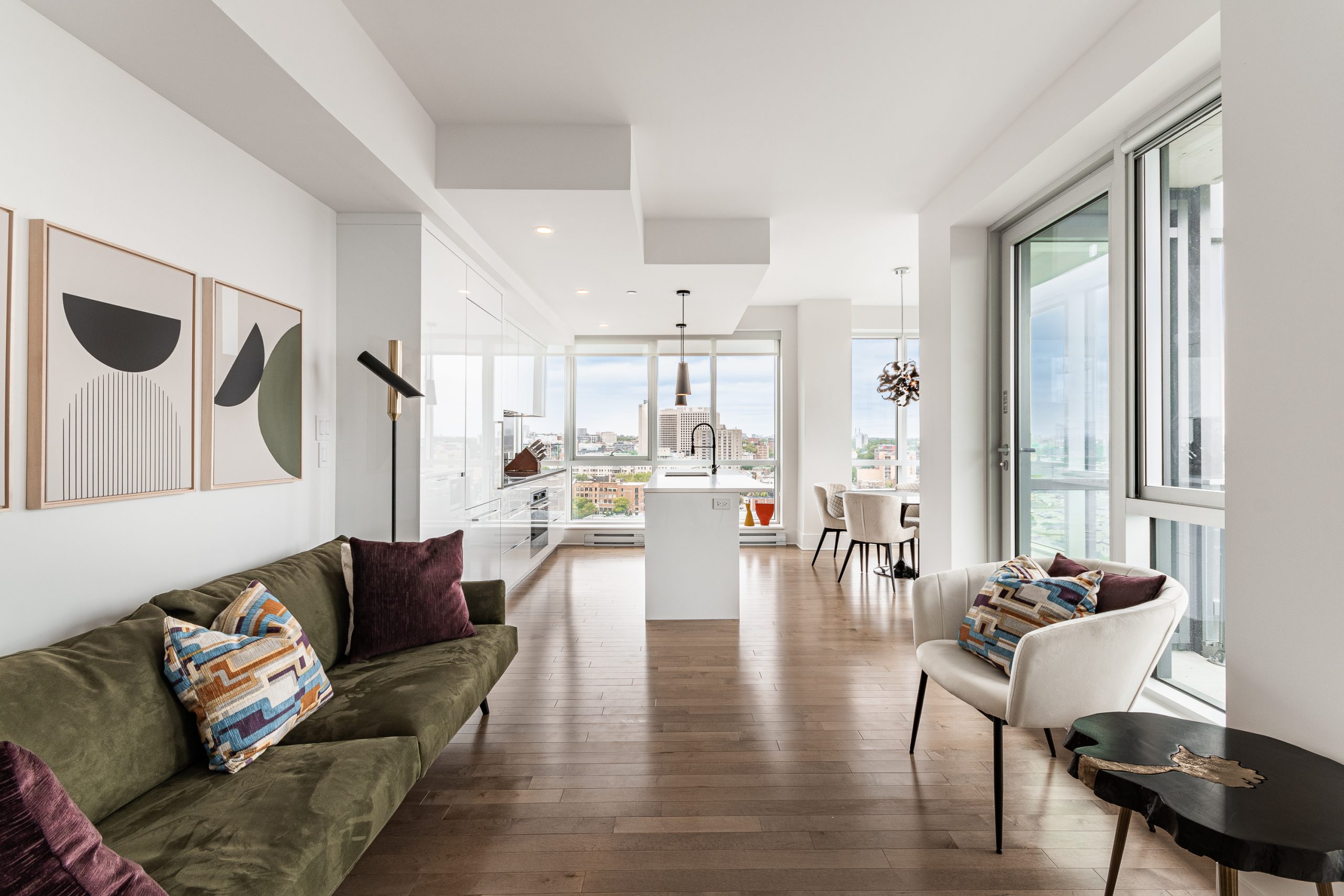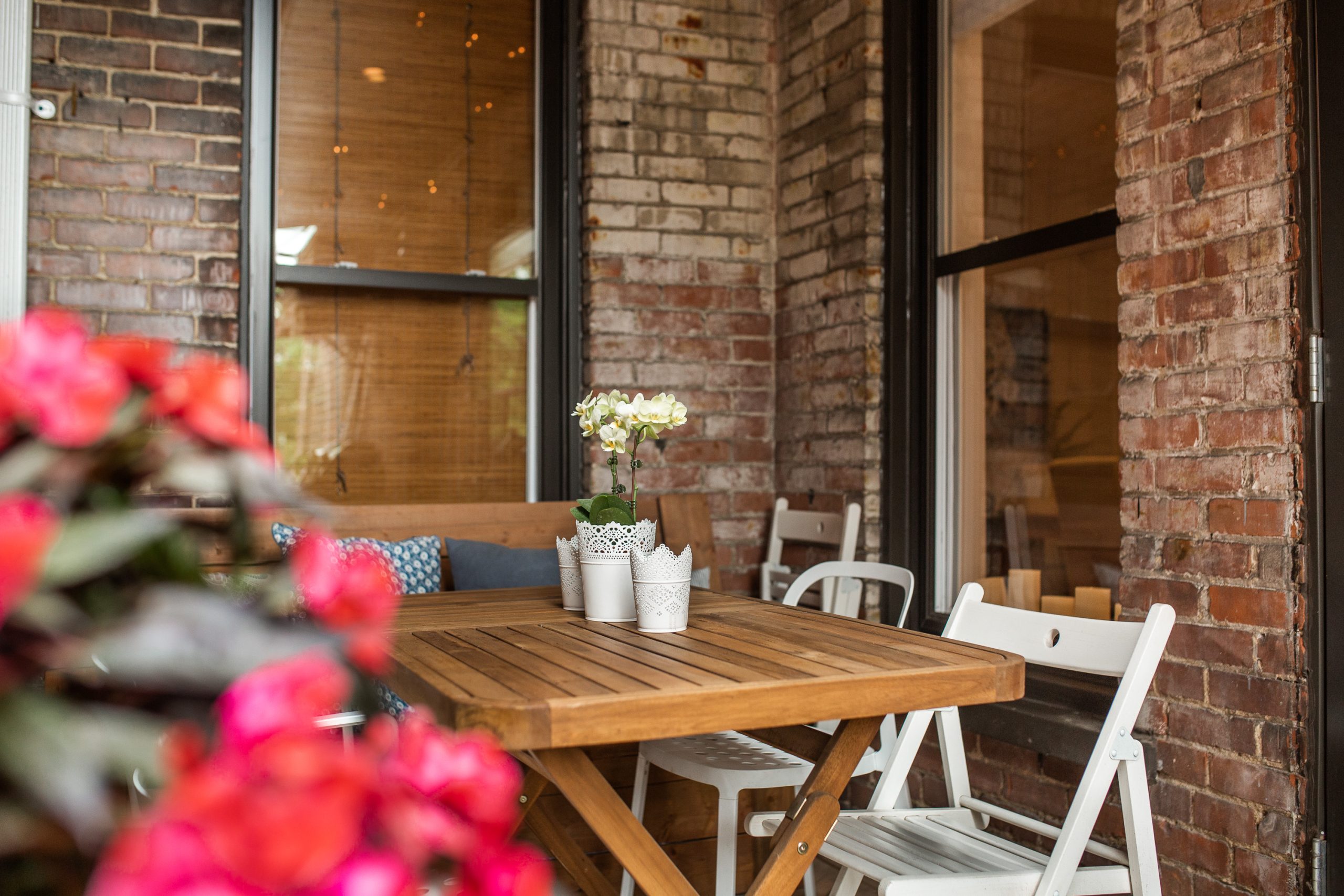Right now, to buy the median property in the Montreal region, a household (earning the median income) has to spend the equivalent of more than half its gross income before taxes. In the Quebec City region, it’s just over a third.
Several organizations produce housing affordability indexes for Canada. Most of them use what is known as the “effort ratio” as a measure of the proportion of household income required to purchase a home in a given market. In addition to income and house prices, the level of interest rates is the third key indicator that must be taken into account when calculating the weight of mortgage payments. Ideally, you should also consider property taxes and condominium fees, if applicable. Obviously, the higher the effort ratio, the less affordable the market.
RBC Royal Bank, with its Affordability Index, is a good example of such an index based on affordability. Relatively simple to understand, it covers most of the country’s major metropolitan areas, and provides a history that goes back to the mid-1980s. This is the index we’re interested in here.
The burden of mortgage payments jumped to a record level in 2022
Unsurprisingly, with prices rising sharply during the pandemic, followed by rapidly rising interest rates in 2022, property affordability deteriorated drastically in 2022.Across Canada, affordability reached a record high of almost 60% of income in Q4 2022, with peaks in Vancouver, Victoria, Toronto, Ottawa and Halifax. Montreal and Quebec City are part of a second group of metropolitan areas, also including Winnipeg, Calgary, Edmonton, Saskatoon, Regina, Saint John (NB) and Saint John (NL), whose peak was reached in 1990.
Slight improvement so far this year
According to the latest data from RBC Royal Bank’s Affordability Index, thanks to mortgage rates that had stopped rising and price declines in several regions, affordability improved slightly in most areas in Q1 2023. This is particularly true of Greater Montreal, where the index fell to 51.9% (vs. 52.7 in Q4 2023) due to a 1.2% drop in prices.Nevertheless, property affordability in Montreal is not far off its all-time low reached in 1990. In the case of the Quebec City region, the price decline was minimal (0.3%), so the Affordability Index remained virtually unchanged in Q1 2023. However, in the case of Quebec City, the index is still a long way from its 1990 peak (44.8% in Q2).
Comparison is consolation…
Although recent trends in affordability are distressing, as the saying goes, when you compare, you take comfort.
Even so, affordability remains relatively good in the Quebec City region compared to many major Canadian cities. And while the Montreal region may seem unaffordable, buying a property there is still much easier than in Toronto or Vancouver, where a household must spend 79% and 96% of its pre-tax income respectively. Many rightly point out that incomes are higher in the latter two regions, but on balance, they are nevertheless much more expensive. In Vancouver, for example, property prices are roughly double those in Montreal, but Vancouverites’ incomes are nowhere near twice those of Montrealers.
How is the effort required to buy a property evolving in Montreal, Quebec City and the rest of the country?
- 5 July 2023


